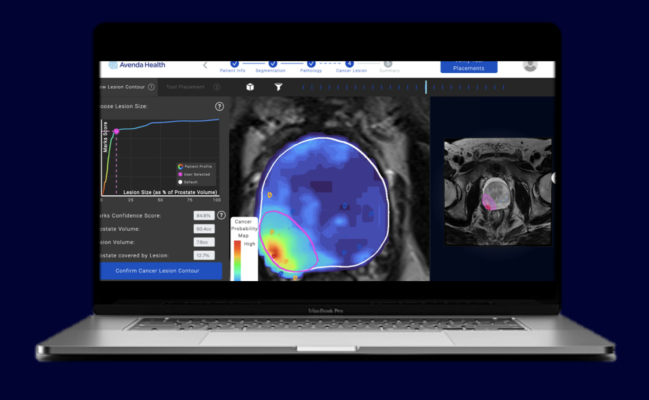Avenda Health Unveils Unfold AI: Precision Cancer Diagnosis Breakthrough

Introduction
Avenda Health has launched Unfold AI, a revolutionary deep-learning platform for prostate cancer diagnosis and treatment planning. Designed to outperform traditional MRI with unprecedented precision, this tool harnesses advanced artificial intelligence to dramatically improve cancer detection rates and guide more personalized care for patients.
Why This Matters
Prostate cancer is the second most common cancer among men worldwide. Traditional diagnostics, such as MRI, have limitations and can miss subtle cancer signatures. Avenda Health’s Unfold AI answers this clinical gap by leveraging multimodal patient data—imaging, biopsy, and pathology—to generate detailed cancer estimation maps. In clinical trials, it demonstrated a remarkable ability to identify 159% more cancer tissue than MRI alone and influenced treatment changes in 28% of cases, often leading to more precisely targeted therapies[6].
The Breakthrough Technology
Unfold AI integrates data sources using a proprietary deep-learning algorithm, crafting 3D visualizations that pinpoint the exact extent and location of cancer. This approach not only raises accuracy but also informs physicians about optimal treatment strategies[6]. Unlike most AI systems that require massive labeled datasets, Unfold AI operates effectively with far less data, mimicking expert radiologist focus and analysis, making it an agile tool suitable for real-world clinical environments[4][6].
Clinical Impact and Peer Comparison
In recent clinical trials, Unfold AI consistently identified prostate cancer with significantly higher sensitivity than MRI. It aided doctors in adjusting patient care plans nearly a third of the time, reducing unnecessary interventions and enabling localized therapies. This positions Avenda’s algorithm ahead of previous commercial AI models, many of which were limited to augmenting radiology rather than transforming oncology workflows from end to end[6]. Experts predict that such platforms are charting a course toward an era where AI will be central to precision medicine across multiple cancer types.
Future Implications and Expert Perspectives
Avenda Health’s CEO, Shyam Natarajan, stated that, “Unfold AI isn’t just making existing processes better—it’s changing how we think about and treat cancer from the ground up.” Industry analysts point to Unfold AI as a harbinger of next-generation healthcare, anticipating rapid adoption across clinics and potential expansion to other solid tumors. As AI medicine continues to mature, platforms like Unfold AI may shift the standard of care from broad, one-size-fits-all approaches to deeply personalized, data-driven interventions[6].
How Communities View Avenda’s Precision Cancer AI
A surge of discussion about Avenda Health’s Unfold AI appears on platforms like X/Twitter and Reddit, with debate centering on clinical accuracy, potential risks, and healthcare workflows.
-
Enthusiastic Support for Clinical Impact (≈45%)
Many physicians, technologists, and patients express excitement. Top X users like @healthAIguy highlight "the game-changing potential for early cancer detection," often citing the 159% improved sensitivity. Reddit threads (r/MachineLearning, r/medicine) see upvotes for posts explaining how Unfold AI may directly reduce overtreatment, with users sharing stories about improved survivor outcomes. -
Cautious Optimism—Demand for Independent Validation (≈30%)
Doctors and AI researchers, including voices like @dramaeonc and @ai4health, urge caution. Several note that "strong clinical trials beyond Avenda are essential" before widespread trust. Some Redditors raise concerns about dataset representation and regulatory approval. -
Skepticism and Fear of Overreliance (≈15%)
A minority argue this is "AI hype," noting risks of automation bias and challenging the claim that AI will replace radiologists soon. In r/healthIT, skeptics worry about potential workflow disruptions and insurance incentives. -
Ethical and Access Concerns (≈10%)
Discussions also emerge about privacy, data governance, and whether advanced AI tools will reach underfunded community hospitals. Public health advocates, such as @medethics, call for "equitable rollout and stringent transparency."
Notable contributors:
- @healthAIguy (X—oncology analytics)
- @dramaeonc (X—oncologist, health AI thought leader)
- r/MachineLearning (Reddit—hundreds of upvotes on Unfold AI explainer threads)
Overall, sentiment leans positive, with excitement about improved patient outcomes counterbalanced by calls for transparent clinical validation and equitable access.